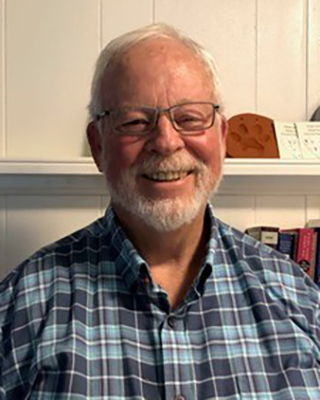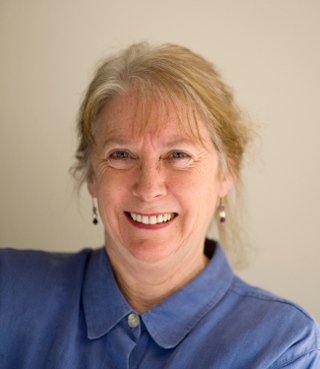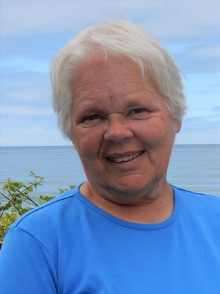
ABOUT US
ABOUT MALHEUR FIELD STATION
The Station was built in 1965 as a Job Corps center and housed about 200 teenage youths and supervisors.
Because of federal budget cuts, the Malheur Job Corps Center was shut down in 1969.
In 1971, the facilities were converted to Malheur Field Station, a biological field station, through a grant from the National Science Foundation to a consortium of northwest colleges and universities.
By the mid-1980s, the expense of maintaining the aging facility was too great for the consortium and, in 1987, The Great Basin Society, Inc.- a non-profit corporation- was established to continue the educational mission of the Field Station.
The 320 acres of the Malheur Field Station site is owned by the US Fish and Wildlife Service.
The land is leased to The Great Basin Society on a 25-year renewable lease. The current lease expires in 2028.
The buildings and infrastructure are owned by The Great Basin Society.
BOARD OF DIRECTORS

Jim Monroe – President of the Board – is a semi-retired United Methodist pastor, and has been coming to Malheur annually and staying at the Malheur Field Station since the early 1990’s. He has lived most of his adult life in Oregon and has led week-long excursions to Malheur for a number of years, and also leads work teams to Kenya on a regular basis, always taking at least one day of safari just to focus on the birds of East Africa. He has been a board member since 2015. When not birding he is fly fishing.

Laney Bardeen – Treasurer – is a life-long birdwatcher and outdoor enthusiast, and has been going to Malheur since 1974. She worked at the Field Station for a couple of seasons and has been an active board member of the Station for 20 years. She is a web content manager in Corvallis, Oregon.

Janet Lambersom – Secretary of the Board – is a retired marine biologist and has been a backyard bird watcher all her life. She has been more actively birding since about 2003 and enjoys travel, especially finding new (to her) species of birds in new places. She has been visiting Malheur since 2006 and has been a Board member since 2016. She is interested in all aspects of natural history of the High Desert, including plants, geology and range management.

Matt Medeiros – Director - is a research biologist who splits time between the University of Hawaiʻi at Mānoa and the University of Nevada, Las Vegas. Matt has been coming to Malheur Field Station since the mid-1990s and has spent time there as a student, maintenance man, guest lecturer, and instructor. Matt is a former, and hopefully future, resident of Harney County.
FIELD STATION STAFF

Rose Garacci – Station Manager – moved to Oregon from Louisiana in 1979 and immediately fell in love with Oregon–particularly the high desert–and has been here ever since. She comes to us with lots of office and small business management experience. She is a get-serious-and-get-it-done sort of gal and isn’t afraid of an office chair, a broom, a toilet brush, or a shovel–whatever it takes to get the job done.
Our goal is to provide a clean, safe and user-friendly environment for our guests and instructors to experience the Malheur National Wildlife Refuge and this part of Harney County. Our facilities include a range of lodging options, a wonderful seasonal Food Service, a Natural History Museum, classrooms, and an informative Bookshop.
OUR FUTURE
As Malheur Field Station enters its sixth decade, our mission of promoting environmental education in the northern Great Basin will require:
- Replacing the rental trailers with small cabins, restoring vital buildings to usable condition, and maintaining critical infrastructure for lodging and food service.
- Expanding our educational programs (MFS-sponsored programs and outside partners).
- Becoming more integrated into the community. Hosting community events and becoming a resource for the county Emergency Management system are part of this goal.
Our future will rely on the continued dedication of staff, volunteers, and monetary donors. Obtaining grant awards will remain a critical element to our success. We have faced challenges before and have met those challenges (think 2018 “Water Crisis”), but the future brings new challenges with new opportunities.
